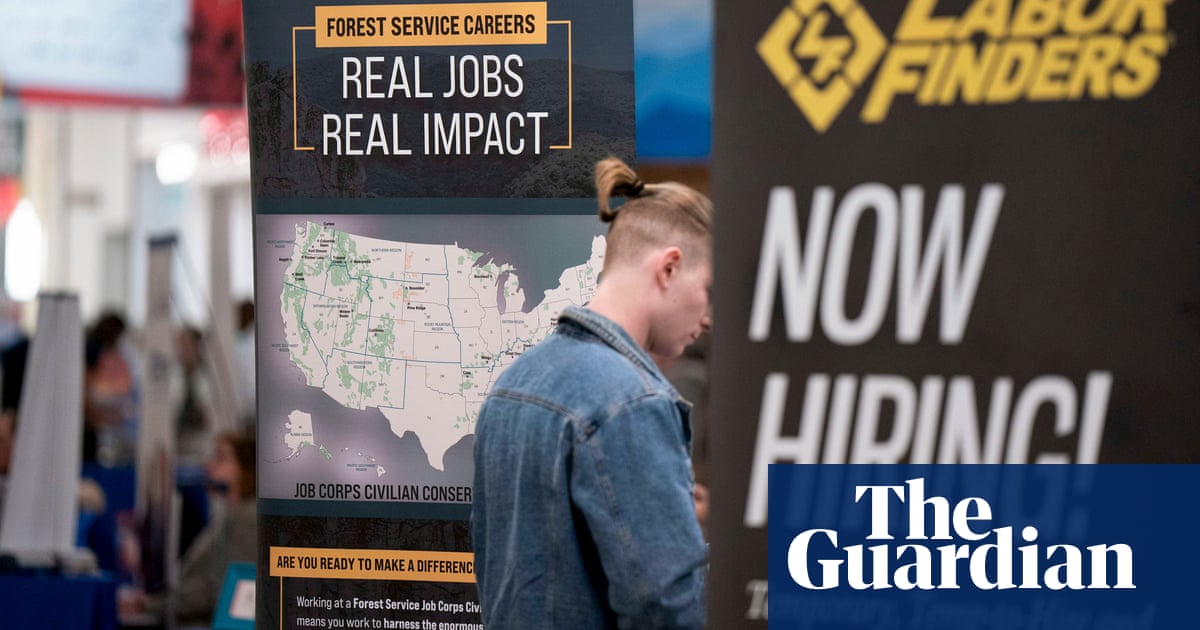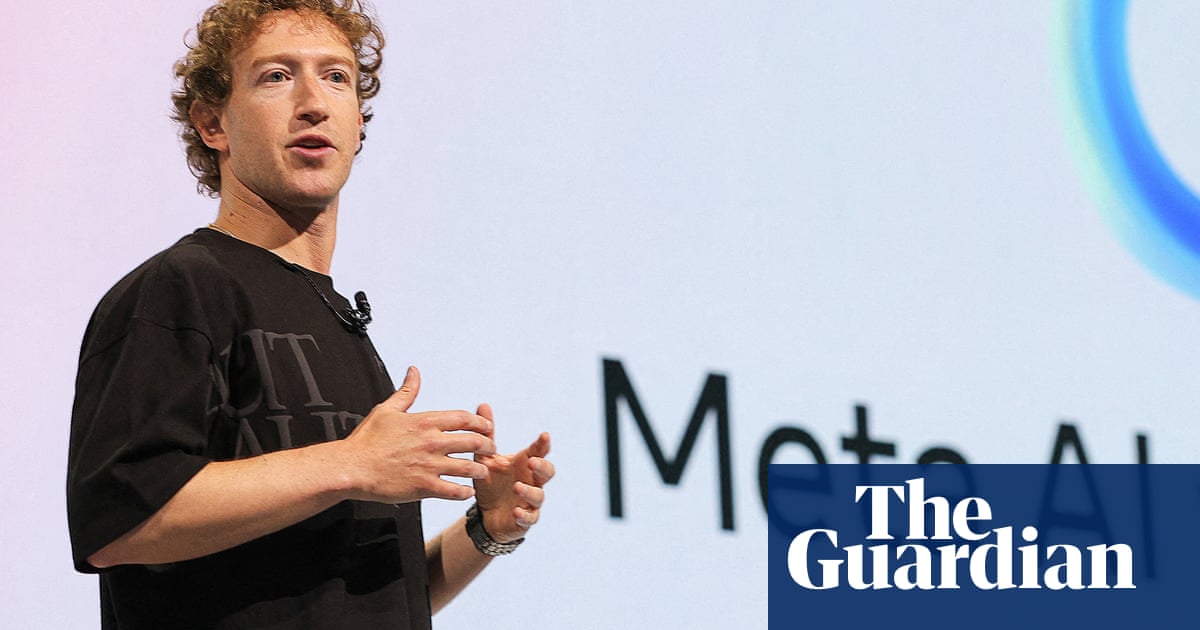In the world of two weeks ago, AstraZeneca’s share price probably would have enjoyed a strong day on the release of Tuesday’s third-quarter numbers. The profit figure beat forecasts and the UK pharmaceutical company raised its guidance for growth in full-year revenues and earnings from “mid-teens” to “high teens”.
Meanwhile, Pascal Soriot, the chief executive, unveiled a $3.5bn (£2.7bn) investment programme in the US and talked bullishly about prospects in AstraZeneca’s biggest market. It all sounded like another confident step in the march to take global revenues from $46bn in 2023 to $80bn by 2030.
The optimistic tunes were lost in the breeze, however, because investors have a simpler question: what the hell is going on in China? To recap, the share price has shed 17% in a month after news broke in September that several former and current executives were being investigated over allegations of illegally importing cancer medicines, and it emerged that the head of AstraZeneca’s China business, Leon Wang, had been detained by the authorities.
On that front, Soriot had little fresh news to offer. The Chinese matters were being taken “very seriously”, AstraZeneca remains committed to the country for the long-term, but the company hasn’t been contacted by the authorities and is still waiting to hear what they have to say. The shares ended flat on the day.
One can construct an argument that the stock market’s reaction to the Chinese affair is too extreme. The country accounts for 13% of AstraZeneca’s revenues, but not as much of its profit. So cutting the whole group’s valuation by almost a fifth before any material financial damage is known could be seen as premature. The whole thing could still blow over.
Yet the range of possible outcomes here is enormous. Is it reassuring, or the reverse, that the authorities haven’t contacted the company? Remember that GlaxoSmithKline’s run-in with Beijing a decade ago – over bribery in that instance – also had quiet beginnings before becoming a very big deal. It ended with a fine of about £300m and a lost decade, more or less, of rebuilding operations in China. The latter would be more serious for AstraZeneca as it is the largest western pharma firm in the country.
It is therefore perhaps not so silly for investors to be selling into an information vacuum. Investigations in China tend to take ages and market-moving news tends to emerge from state-controlled media outlets rather than via regulatory bodies. Even then, it tends to be tricky to establish hard information.
None of which detracts one iota from AstraZeneca’s strengths. The shares were previously so highly rated because its pipeline of new drugs is possibly the strongest in the industry and the $80bn revenue goal is credible – Soriot, in his first decade in charge, has hit targets ahead of time that looked more ambitious at launch.
after newsletter promotion
So prepare for an enormous bounce in the share price if, miraculously, the Chinese investigations are resolved quickly at little financial cost. The more likely plotline, unfortunately, is that incomplete information is dribbled out gradually and the saga drags on for months and months. It is the Chinese style. A 17% discount in AstraZeneca’s share price for uncertainty is indeed a lot – but it’s not ridiculous when even the plugged-in boss says he’s clueless on this occasion.

.png) 1 month ago
11
1 month ago
11













































